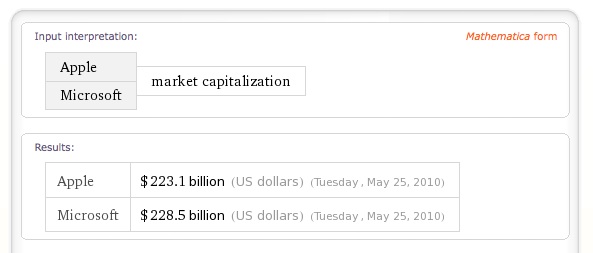Everything you need to know in a nutshell. From Bruce Nussbaum, writing in the Harvard Business Review.
Facebook’s imbroglio over privacy reveals what may be a fatal business model. I know because my students at Parsons The New School For Design tell me so. They live on Facebook and they are furious at it. This was the technology platform they were born into, built their friendships around, and expected to be with them as they grew up, got jobs, and had families. They just assumed Facebook would evolve as their lives shifted from adolescent to adult and their needs changed. Facebook s failure to recognize this culture change deeply threatens its future profits. At the moment, it has an audience that is at war with its advertisers. Not good.
Here’s why. Facebook is wildly successful because its founder matched new social media technology to a deep Western cultural longing — the adolescent desire for connection to other adolescents in their own private space. There they can be free to design their personal identities without adult supervision. Think digital tree house. Generation Y accepted Facebook as a free gift and proceeded to connect, express, and visualize the embarrassing aspects of their young lives. Then Gen Y grew up and their culture and needs changed. My senior students started looking for jobs and watched, horrified, as corporations went on their Facebook pages to check them out. What was once a private, gated community of trusted friends became an increasingly OPEN, public commons of curious strangers. The few, original, loose tools of network control on Facebook no longer proved sufficient. The Gen Yers wanted better, more precise privacy controls that allowed them to secure their existing private social lives and separate them from their new public working lives.
Facebook’s business model, however, demands the opposite…
Worth reading in full.




